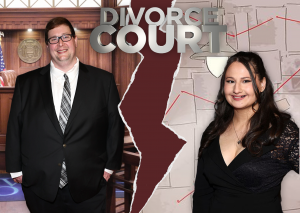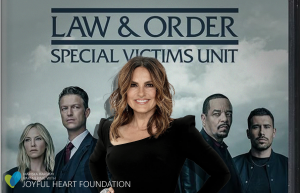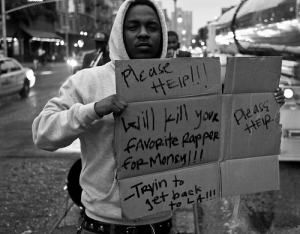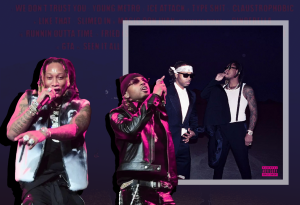Sexual assault happens everywhere. Both survivors and perpetrators are among us, and while that scares many people and may make them uncomfortable, it is the ugly truth of the world we live in. Between your family members, your friends and your classmates, it is almost guaranteed that you know a sexual assault survivor.
Sexual assault, violence and harassment happen more often than people may think because so many survivors choose or feel forced to stay silent about their trauma. However, celebrities like Alyssa Milano seek to reduce this fear and to promote unity amongst survivors through the resurgence of initiatives such as the #MeToo campaign.
This movement was originally started by activist Tarana Burke 10 years ago, particularly for women of color. However, in response to the revelation of Harvey Weinsteins alleged sexual assault crimes, Milano tweeted that a friend suggested, If all the women who have been sexually harassed or assaulted wrote Me too as a status, we might give people a sense of the magnitude of the problem.
As a result, the number of responses from the campaign has been incredible, allowing people to share their personal experiences with sexual assault as well as harassment. It empowers them with a voice that so many people even lawmakers, judges and police officers ignore and/or belittle.
The #MeToo campaign is all-encompassing, allowing stories of being catcalled to full testimonials of rape to come to the surface. Some people may view this large umbrella as undermining more severe experiences by including verbal harassment on the streets as part of the discourse, but I think that all stories of sexual abuse deserve recognition.
#MeToo demonstrates that sexual abuse can happen to anyone and has happened to so many people, regardless of their gender, sexuality, race, age or social class. This may not be a surprise to some people, but to others, it sheds light on the common misconceptions of sexual assault. It isnt only women who are assaulted and harassed; it doesnt happen because of what someone was wearing; it doesnt happen because people werent careful enough. It happens because there is something wrong with how we teach and talk about sexual assault.
Just reading these tweets of peoples personal testimonies gave me a sense of belonging and comfort. I realized that I, a survivor myself, am not alone in my experience. I used to live in constant fear and guilt about my sexual assault due to the opinions society engrained in me at a young age. Victim blaming is a common practice that many people use to cope with the harsh reality of sexual assault and to minimize the fact that assaulters can attack anyone.
There has also been a wave of responses to the #MeToo campaign such as the hashtag #IHave, resulting in a plethora of (mostly male) abusers coming forward and admitting their wrongdoings in reference to sexual harassment and assault. While it is commendable for people to recognize and admit their mistakes, #MeToo wasnt created for abusers to feel empowered to expound their guilt and admit their crimes without any punishment via social media.
In my opinion, #MeToo should make abusers feel their guilt, admit to themselves that they have a problem in their mindset and decide to change themselves for the better, or in the case of crimes, turn themselves into the police rather than use Twitter to feel better about their wrongful acts.
As I got older, I always heard the warnings, Dont wear this, or boys will think youre easy, Dont get too drunk, or someone might take advantage of you, or even, Watch your drink when youre at a party, or someone might slip something in there. These statements make it seem as if its the survivors responsibility to prevent sexual assault. While we should always be mindful of our surroundings, despite our best efforts, perpetuators will still commit sexual assault.
Thats why survivors stories are so important. Survivors voices are important. Standing up to assaulters is important, and demanding justice for their crimes is even more important. If I had known my assaulter, there are so many things I wish I could do about it now to make him receive the punishment he deserves. Instead, I pledge to use my voice to help others feel inspired. There is absolutely no shame in being a sexual assault survivor.
The stigma needs to end, and offenders like Weinstein need to be held accountable to prevent further crimes because thats one of the only ways to truly prevent sexual assault. Survivors should never be denied their voice just because their story makes people uncomfortable. And no one should be safe from the law if theyve made someone else feel unsafe in their own skin.




